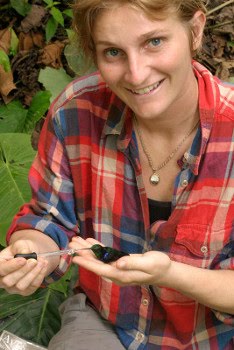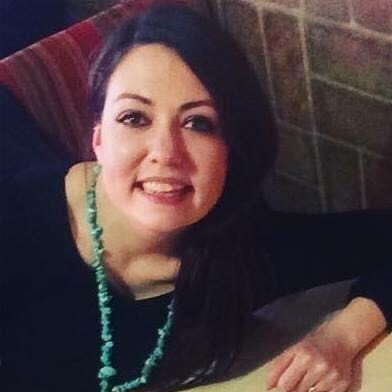Faculty Directory
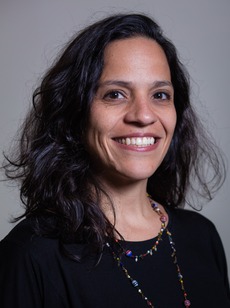 Read More about Ana Almeida, Ph.D.
Read More about Ana Almeida, Ph.D.
Ana Almeida, Ph.D.
Associate Professor and Department Chair
Dr. Almeida uses molecular tools to dissect the interplay between evolution and development. Her studies focus on how developmental mechanisms evolved to shape the diversity of plant form and function we see in nature today. She is also interested in understanding how genome evolution might have shaped the diversification of plants on Earth. Her work uses comparative genomics to study how genome modifications might have led to plant diversification.
Full Faculty Profile
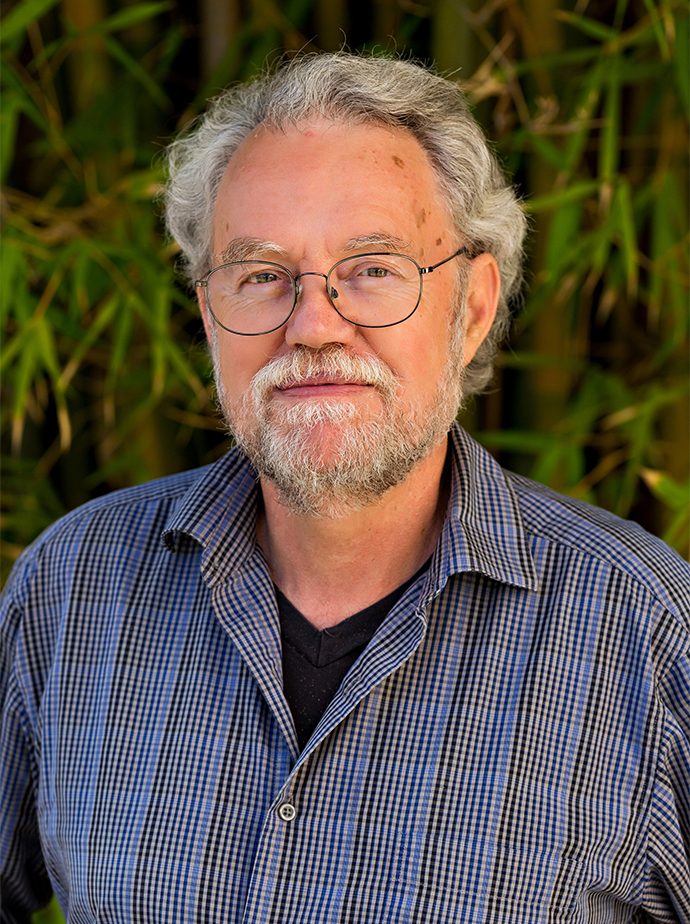 Read More about Chris Baysdorfer, Ph.D.
Read More about Chris Baysdorfer, Ph.D.
Chris Baysdorfer, Ph.D.
Professor
Dr. Baysdorfer's laboratory works in the area of plant genomics. His lab has contributed to the initial efforts to sequence and map maize cDNAs and pine cDNAs. His current studies focus on the genomes of plants in the Family Liliaceae, a group with the largest genome size of any higher plant. The objective of his research is to understand the mechanism of expansion of these genomes and to identify the selective advantage, if any, conferred by large genomes.
Full Faculty Profile
 Read More about Ken Curr, Ph.D.
Read More about Ken Curr, Ph.D.
Ken Curr, Ph.D.
Associate Professor
Dr. Curr's research is based on three areas of study, molecular virology (GB Virus Type C/HIV-1), marine invertebrate immunology and population genetics (the nudibranch Tritonia tetraquetra) and finally, heavy metal bioremediation using cyanobacteria (Spirulina plantensis/maximus).
Full Faculty Profile
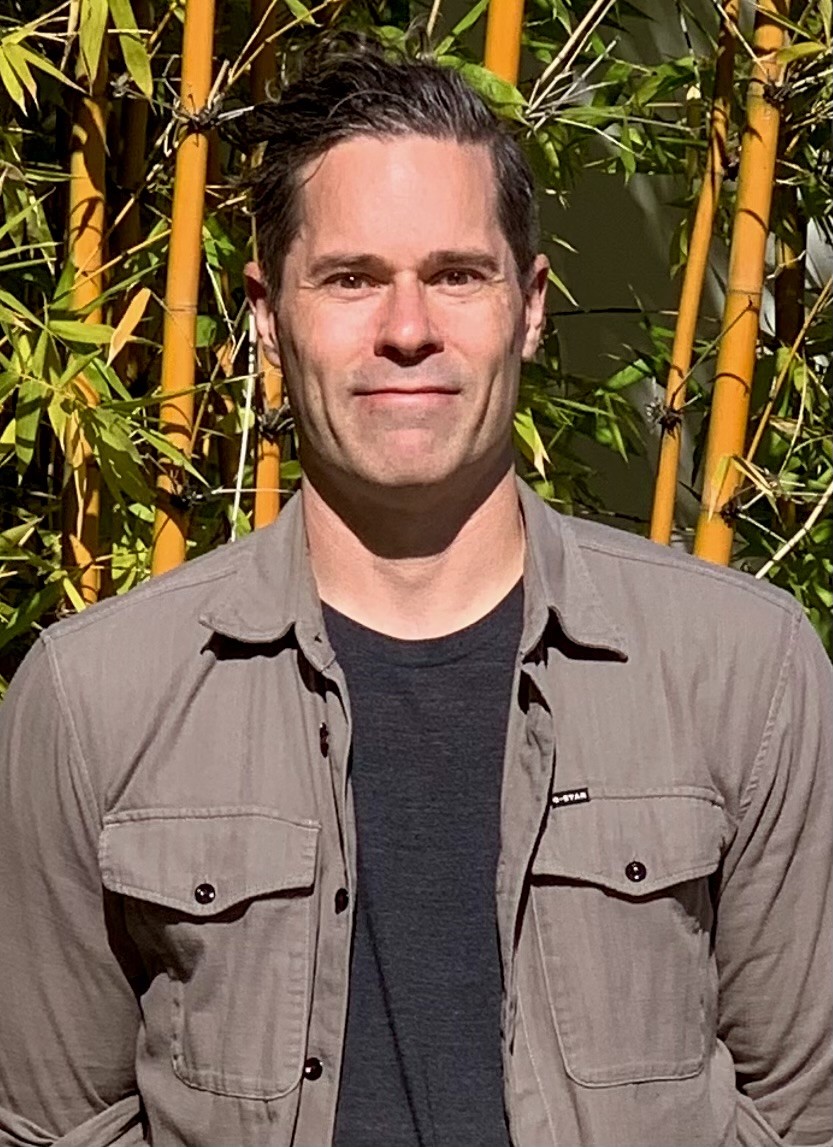 Read More about Tyler Evans, Ph.D.
Read More about Tyler Evans, Ph.D.
Tyler Evans, Ph.D.
Professor
Dr. Evans’ research focuses on how changing environmental conditions, such as the temperature increase resulting from climate change, influences the ability of organisms to survive and reproduce. His lab is particularly interested in how proteins evolve to function at higher temperatures. The lab is currently comparing the proteomes of fruit flies to determine structural and functional changes that occur to proteins when adapting to warmer temperatures. Ultimately, this information is useful in making predictions about how organisms will fare in future climates. For more information please visit his website.
Full Faculty Profile
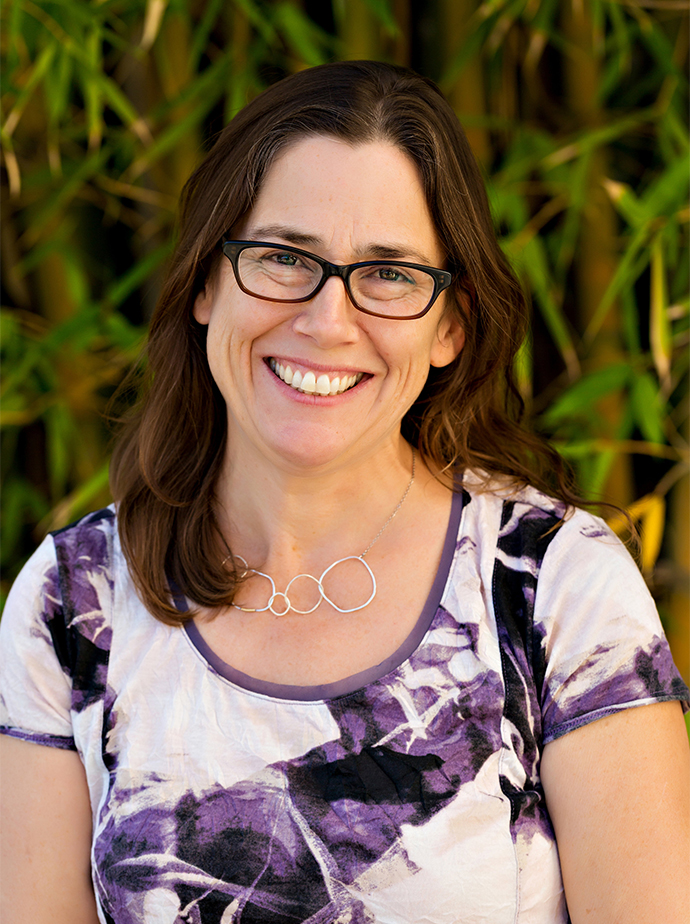 Read More about Maria Gallegos, Ph.D.
Read More about Maria Gallegos, Ph.D.
Maria Gallegos, Ph.D.
Professor and Graduate Program Coordinator
The laboratory of Dr. Gallegos is focused on understanding how a neuron's complex morphology is established and maintained throughout the life of an animal. Their long-term goal is to identify the genes, and understand the molecular mechanisms, that specifically control late steps in neurodevelopment using the model organism Caenorhabditis elegans.
Full Faculty Profile
Jenny Hazlehurst, Ph.D.
Assistant Professor
Dr. Hazlehurst’s research focuses on the ecology and conservation of the plant-pollinator relationship. A large percentage of flowering plants globally depend upon animals for pollination, including many important food crops. The Pollination Ecology & Conservation lab has three major research goals: 1) Documenting the plant-pollinator interactions of California native plants, 2) Investigating the complex ways in which pollinator foraging behavior can influence pollination and plant reproduction, and 3) Understanding the cascading effects of global change on plant-pollinator networks. They also work to encourage scientific literacy in the non-science community and to encourage a diverse future generation of scientists through free STEAM Storytime events at California public libraries. For more information about Dr. Hazlehurst's research please visit her website.
Full Faculty Profile (under construction)
Michael Hedrick, Ph.D.
Professor Emeritus
Dr. Hedrick is a comparative physiologist with primary interests in respiratory, cardiovascular and exercise physiology in ectothermic vertebrates. Recent projects include regulation of lymphatics and baroreflexes in anuran amphibians, regulation of respiratory rhythm generation during development in amphibians, and meta-analyses of maximal O2 and CO2 flux rates in vertebrates.
Full Faculty Profile
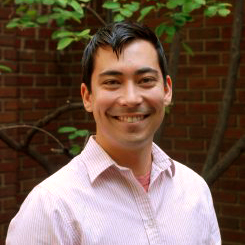 Read More about Thomas Jenkinson, Ph.D.
Read More about Thomas Jenkinson, Ph.D.
Thomas Jenkinson, Ph.D.
Assistant Professor
Dr. Jenkinson specializes in disease evolution and conservation biology. His research group studies newly emerging wildlife diseases, including amphibian-killing chytridiomycosis caused by the fungal pathogen Batrachochytrium. The Jenkinson lab integrates field ecology, population genetic sequencing, and infection experiments to track pathogen adaptation in nature. The goal of this research is to understand how future diseases may evolve as they spread across landscapes, and between host species. For more information about Dr. Jenkinson’s research please visit his website.
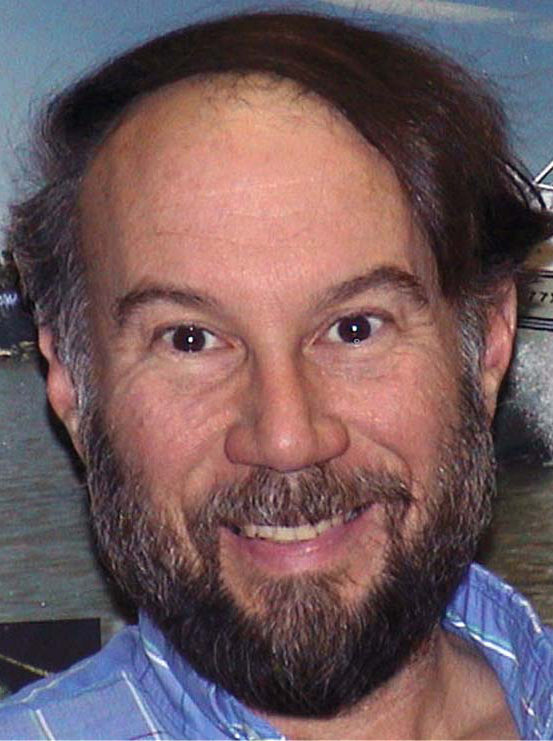 Read More about Chris Kitting, Ph.D.
Read More about Chris Kitting, Ph.D.
Chris Kitting, Ph.D.
Professor
Dr. Kitting’s research area is focused on non-destructive field methods to determines ecological limits on animal and plant populations near various shorelines and to improve conservation and management of natural resources. That management now includes reversing those limits to restore habits and ecosystems as vital, sustainable. life support systems, such as fisheries nursery habitats in wetlands, shoreline stabilization, biological filtration, and natural recycling and improving water and atmosphere.
Full Faculty Profile
 Read More about Carol Lauzon, Ph.D.
Read More about Carol Lauzon, Ph.D.
Carol Lauzon, Ph.D.
Professor Emeritus
The main focus of Dr. Lauzon's lab involves exploring microbial symbioses with an aim of understanding the role of microorganisms in host success, survival, and evolution. Applied aspects of this work include manipulation of symbioses for plant, insect, and animal pathogen control. Her work also includes research into the culture of microorganisms typically considered refractory to culture, including archaea species residing in extreme environments. Her lab also explores the use of new technologies to detect and identify foodborne pathogens.
Full Faculty Profile
Abigail Morales, Ph.D.
Dr. Abigail Morales' research involves examining the role of host DNA damage signaling in modulating immune responses to bacterial and viral pathogens. In addition, she is exploring the impact of pathogen-induced DNA damage on transcriptional responses in a subset of immune cells (phagocytes).
 Read More about James Murray, Ph.D.
Read More about James Murray, Ph.D.
James Murray, Ph.D.
Professor
The Murray lab does research on sensory reception and how nerve cells control behaviors, mostly working on sea slugs. Students in his lab work on various projects such as animal orientation and navigation behaviors, magnetic orientation, how the brain controls crawling and turning, as well as how sea slugs are able to consume neurotoxic prey. Murray lab also collaborates with other investigators to understand population genetics, mapping of gene expression in sensory organs, and the biochemistry of detoxification.
Full Faculty Profile
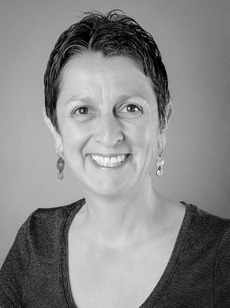 Read More about Maria Nieto, Ph.D.
Read More about Maria Nieto, Ph.D.
Maria Nieto, Ph.D.
Professor Emeritus
Dr. Nieto’s most recent science based work centers on the subject of sex and gender where she has written popular press articles and the only biology based amicus brief submitted to the Supreme Court of the United States in support of marriage equality. Dr. Nieto’s work in fiction includes two award-winning novels, The Water of Life Remains in the Dead (2015) and Pig Behind The Bear (2012). Both books feature a feisty Chicana who investigates crimes against the most vulnerable among us - immigrants and children. Dr. Nieto also has a published short story. For more information about her work please visit her website.
Full Faculty Profile
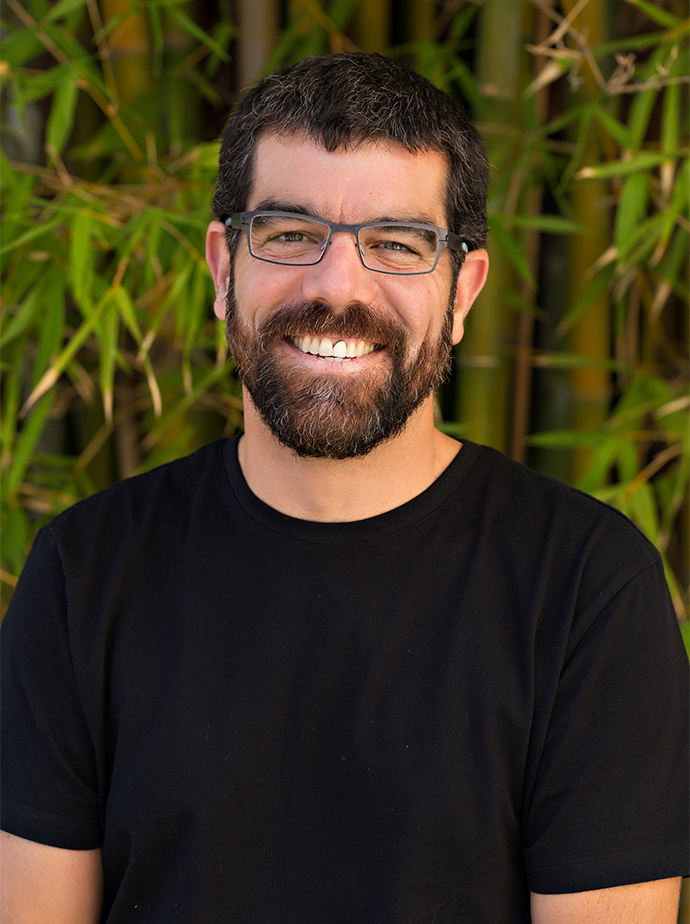 Read More about Brian Perry, Ph.D.
Read More about Brian Perry, Ph.D.
Brian Perry, Ph.D.
Professor
Dr. Perry's research integrates studies of fungal biodiversity and molecular phylogenetic analyses with data from disciplines such as genetics, ecology and geography to address broad questions of how these biological and physical processes interact to drive evolution. Please visit Dr. Perry's website for more information.
Full Faculty Profile
 Read More about Claudia Uhde-Stone, Ph.D.
Read More about Claudia Uhde-Stone, Ph.D.
Claudia Uhde-Stone, Ph.D.
Professor
Dr. Stone’s lab uses transcriptomics (RNA-sequencing), proteomics (mass spectrometry) and genome editing (CRISPR-Cas) to better understand how plants function.
Full Faculty Profile
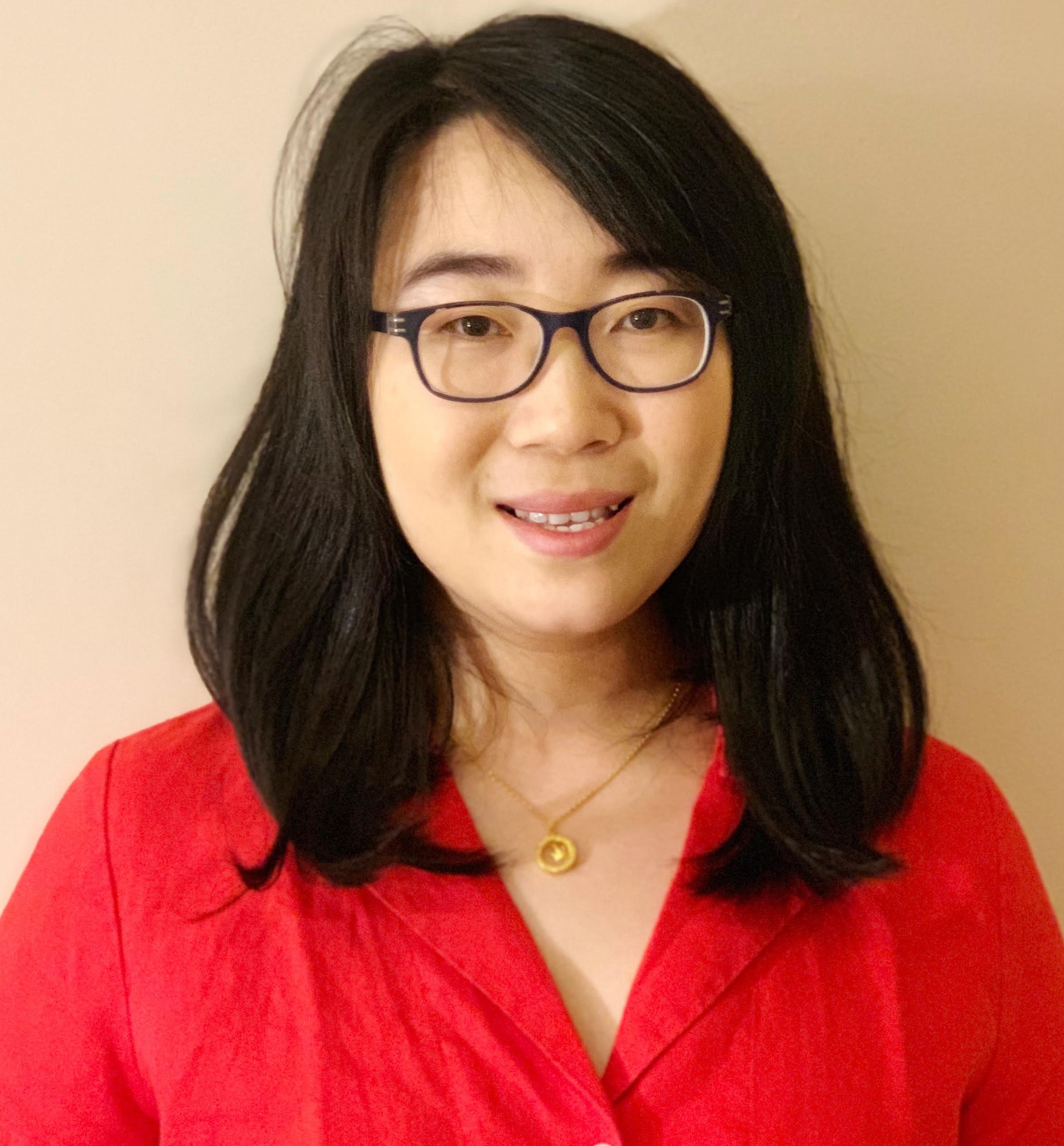 Read More about Hongye Wang, Ph.D.
Read More about Hongye Wang, Ph.D.
Hongye Wang, Ph.D.
Assistant Professor
Dr. Hongye Wang's professional interests are rooted in the area of Food Science and Technology. Her research focuses on understanding how foodborne pathogens persist in food and food-related environments and developing strategies to detect and control these pathogens. Her current research includes: 1) exploring the dynamics of foodborne pathogens in pre-harvest ecosystems of fresh produce; 2) using next-generation sequencing approaches to understand the interactions between foodborne pathogens and the indigenous microbiota in certain environments, including fresh produce and pre-harvest environments, as well as within food processing facilities; and 3) understanding the effect of environmental factors on pathogen persistence in food or food-related systems.
Full Faculty Profile - (under contruction)
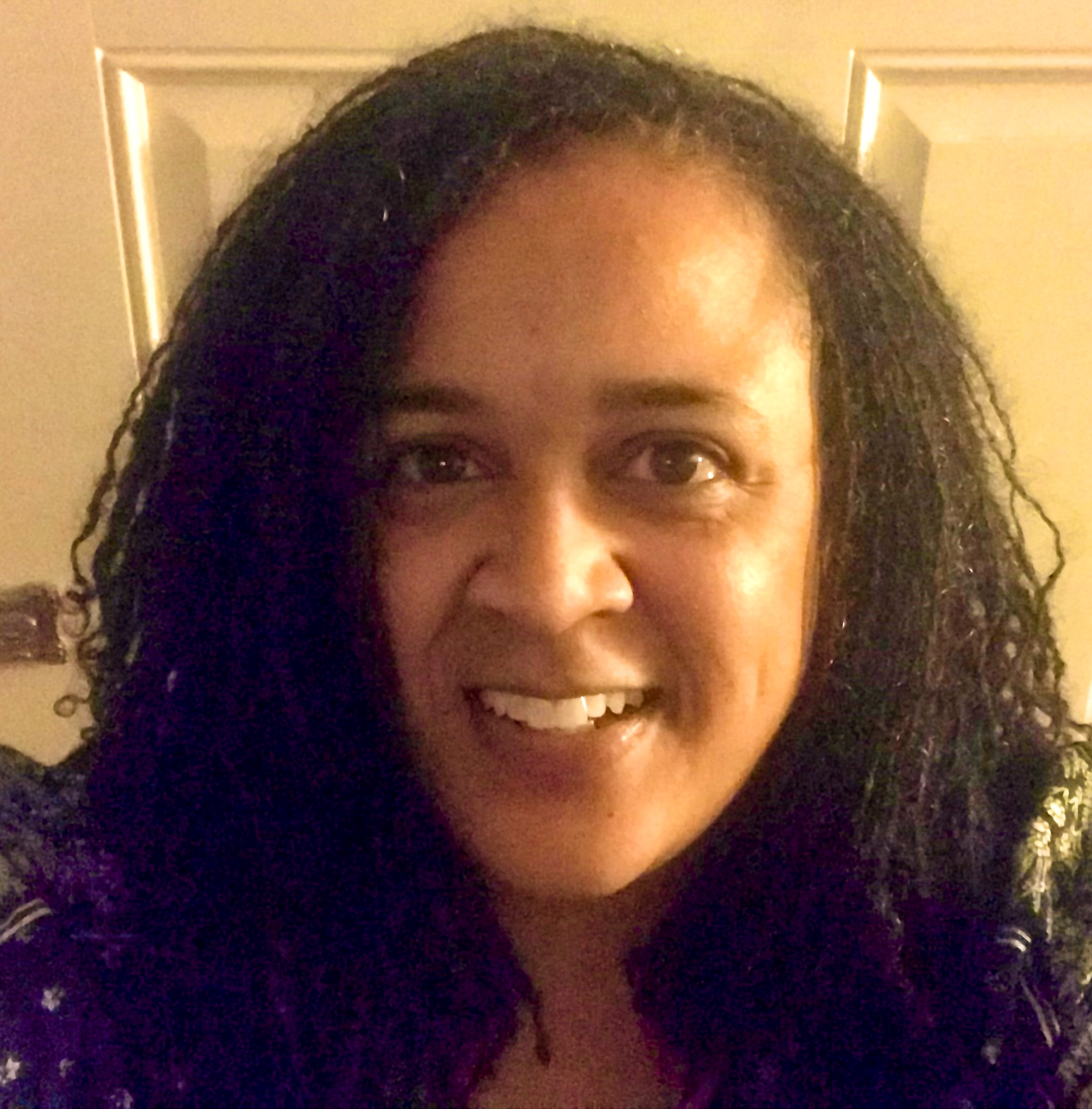 Read More about Erica L. Wildy, Ph.D.
Read More about Erica L. Wildy, Ph.D.
Erica L. Wildy, Ph.D.
Professor
Dr. Wildy is a behavioral ecologist by training with interests in animal behavior, behavioral ecology, and herpetology. She also conducts research in undergraduate science education, with a focus on identifying and understanding the mechanisms contributing to enhanced student engagement in the classroom and the factors contributing to increased academic proficiency and a sense of well-being in college students. Dr. Wildy is also the Presidential Appointee to the Grade Appeal and Academic Grievance Committee.
